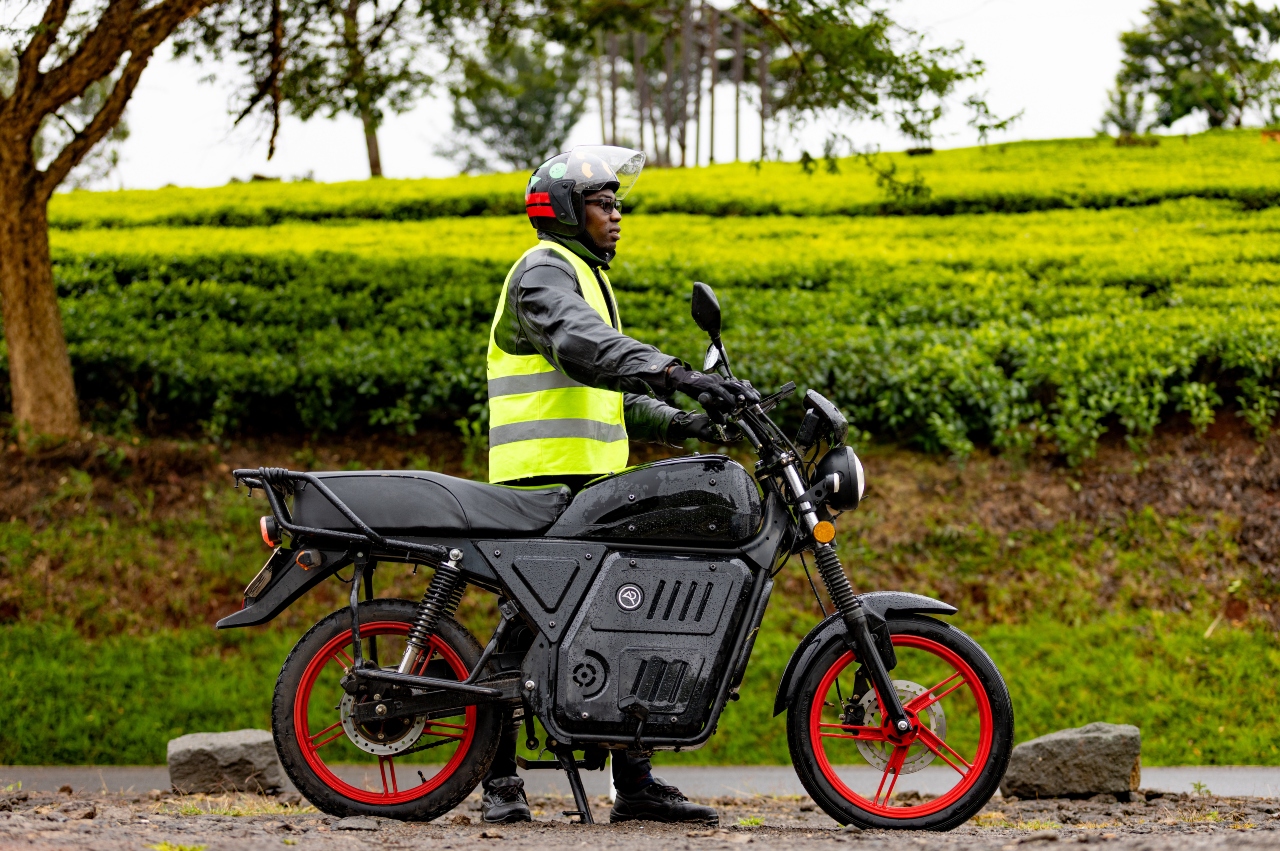The money will be used to support the roll-out of electric two-wheeler vehicles and battery-swapping infrastructure in Kenya.

French sustainable investor Mirova has provided $10m (€9.75m) of senior debt financing to ARC Ride, an electric mobility company in Kenya which operates Africa’s first and largest automated battery swapping network.
The transaction was done via the Mirova Gigaton Fund, which was launched in 2022 with backers including the European Investment Bank to invest in the energy transition in emerging markets with a target size of $500m.
The deal with Nairobi-based ARC, the Gigaton fund’s first in electric vehicles in sub-Saharan Africa, will support the installation of 600 battery-swapping cabinets and 25,000 batteries.
“This investment reflects Mirova’s mission to support innovative, high-impact climate solutions in emerging markets. ARC Ride is redefining urban mobility in Africa through a scalable model that reduces emissions and improves livelihoods. We’re proud to support their journey,” said Rim Azirar, deputy head of emerging market energy transition at Mirova, which had €33bn in assets under management at the end of June.
Previous commitments by the Gigaton fund include a €9.75m investment in a Vietnamese solar firm, a €15m investment in SolarAfrica, which provides renewable energy solutions across the continent, and $20m of long term debt financing to ManoCap Energy, a Ghana-based renewable energy firm.
EV on the rise
The adoption of electric vehicles (EV) is gaining traction across Africa, partly driven by consumers seeking cheaper alternatives for petrol-powered transport, increased government support and rapid urbanisation. The African EV market is forecast to grow over 10.6% annually between 2025 and 2029 to $314m, according to a report by Statista.
Gigaton’s investment in ARC Ride will align with two UN Sustainable Development Goals – SDG 13: Climate Action and SDG 8: Decent Work and Economic Growth, Mirova said.
Each electric motorcycle deployed by ARC Ride is estimated to reduce CO2 emissions by 2 tonnes annually. Kenyan motorcycle riders, who often work in the gig economy, will also benefit from savings on fuel and maintenance.





